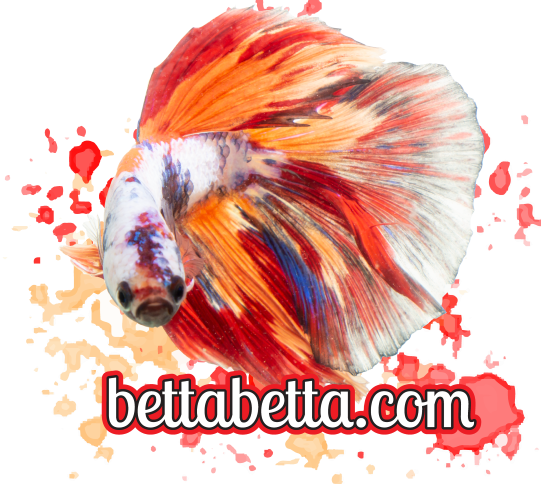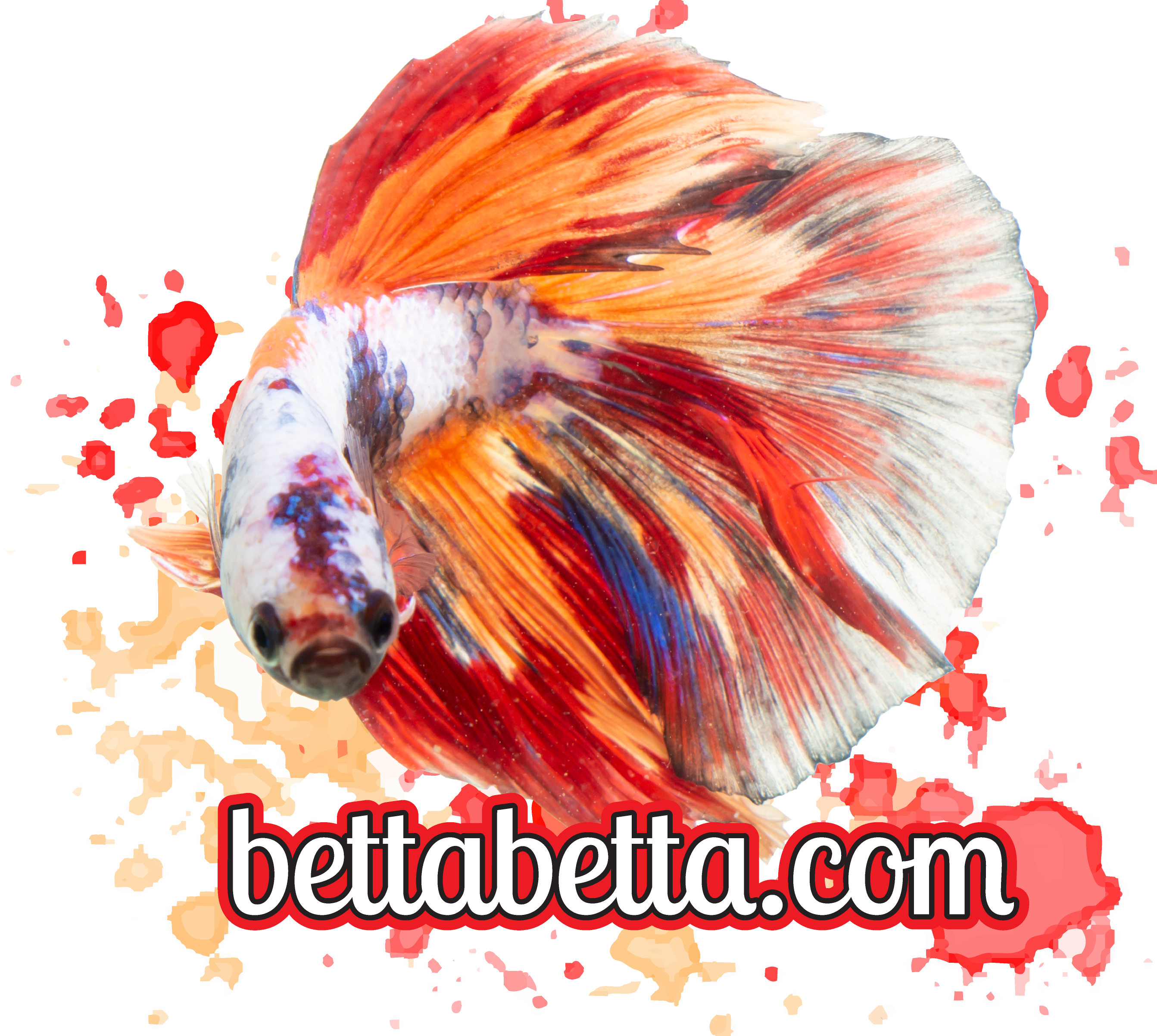Betta fish, also known as Siamese Fighting Fish, are renowned for their vibrant colors and flowing fins. These captivating creatures require specific care to thrive, and proper nutrition plays a crucial role in their health and longevity. This guide provides a comprehensive overview of betta nutrition, covering recommended foods, optimal feeding schedules, and common mistakes to avoid.
Understanding the Betta’s Dietary Needs:
Bettas are obligate carnivores, meaning their diet primarily consists of meat. In their natural habitat, they feed on insects, larvae, and small crustaceans. Replicating this diet in captivity is essential for their well-being. A balanced betta diet should be high in protein, moderate in fats, and low in carbohydrates.
Recommended Foods for Bettas:
- Betta Pellets: High-quality betta pellets are a convenient and readily available food source. Look for pellets specifically formulated for bettas, as these will contain the necessary vitamins and minerals. Choose pellets with a high protein content (at least 30%) and avoid those with excessive fillers. Soak the pellets for a few minutes before feeding to prevent bloating.
- Frozen Foods: Frozen foods like bloodworms, daphnia, and brine shrimp are excellent sources of protein and provide variety in your betta’s diet. Thaw frozen foods completely before feeding to avoid digestive issues. These should be offered as a supplement to pellets, not as a staple diet.
- Live Foods: Live foods, such as mosquito larvae, bloodworms, and brine shrimp, are a natural part of a betta’s diet and can provide enrichment. However, live foods can carry parasites, so it’s crucial to obtain them from reputable sources. Feeding live food should be done sparingly, as it can be difficult to control the exact nutritional content.
- Freeze-Dried Foods: Freeze-dried foods are a convenient alternative to live and frozen foods. However, they can be less nutritious than their fresh counterparts. If using freeze-dried foods, rehydrate them before feeding to prevent constipation.
Foods to Avoid Feeding Your Betta:
- Flakes: While readily available, flakes are not a suitable staple food for bettas. They often lack the necessary nutrients and can be difficult for bettas to digest. Furthermore, flakes tend to disintegrate quickly, polluting the water.
- Bread: Bread has no nutritional value for bettas and can cause serious digestive problems. Avoid feeding bread or any other human food to your betta.
- Plant-Based Foods: Bettas are carnivores and cannot digest plant-based foods effectively. Avoid feeding your betta vegetables, fruits, or any other plant matter.
- Overfeeding: Overfeeding is one of the most common mistakes made by betta owners. It can lead to obesity, digestive problems, and water quality issues.
Feeding Schedule and Portion Control:
Bettas have small stomachs and require only small amounts of food. A good rule of thumb is to feed your betta only what they can consume in 2-3 minutes. This typically equates to 2-3 betta pellets per meal.
Feed your betta once or twice a day. Consistent feeding schedules help regulate their metabolism and prevent overeating. Observe your betta’s behavior during feeding time. If they don’t finish their food within a few minutes, remove the uneaten portion to prevent water contamination.
Common Mistakes to Avoid:
- Overfeeding: As mentioned earlier, overfeeding is a major problem. Resist the urge to give your betta more food than they need, even if they appear to be begging.
- Feeding Only Flakes: Relying solely on flakes will deprive your betta of essential nutrients and can lead to health problems.
- Ignoring Water Quality: Uneaten food can decompose and pollute the water, creating an unhealthy environment for your betta. Regular water changes are essential to maintain water quality.
- Introducing New Foods Too Quickly: When introducing new foods, do so gradually to avoid upsetting your betta’s digestive system.
- Assuming All Betta Food is Equal: Not all betta foods are created equal. Research different brands and choose high-quality products that contain the necessary nutrients.
- Using Decorative Gravel: Bettas can accidentally ingest small pieces of gravel while feeding, which can cause internal injuries. Consider using larger pebbles or no substrate at all.
Signs of Nutritional Deficiencies:
- Loss of Color: A dull or faded color can indicate a nutritional deficiency.
- Lethargy: A betta that is listless or inactive may not be getting the nutrients it needs.
- Fin Rot: While fin rot can be caused by poor water quality, it can also be a symptom of a nutritional deficiency.
- Poor Growth: Young bettas that are not growing properly may not be receiving adequate nutrition.
Tips for Maintaining a Healthy Betta:
- Provide a varied diet: Offer a mix of high-quality betta pellets, frozen foods, and occasionally live foods.
- Feed small portions: Only feed your betta what they can consume in a few minutes.
- Maintain water quality: Regular water changes are essential for a healthy betta.
- Observe your betta’s behavior: Monitor your betta’s eating habits and overall health.
- Research different betta foods: Choose high-quality products that meet your betta’s nutritional needs.
Conclusion:
Proper nutrition is essential for the health, vitality, and longevity of your betta fish. By understanding their dietary needs, avoiding common feeding mistakes, and providing a balanced diet, you can ensure your betta thrives and displays its full potential. Remember to always research and stay informed about the best care practices for these fascinating creatures.
Disclaimer: This article is for informational purposes only. Always consult a professional aquarist or veterinarian for specific advice regarding your Betta fish.


